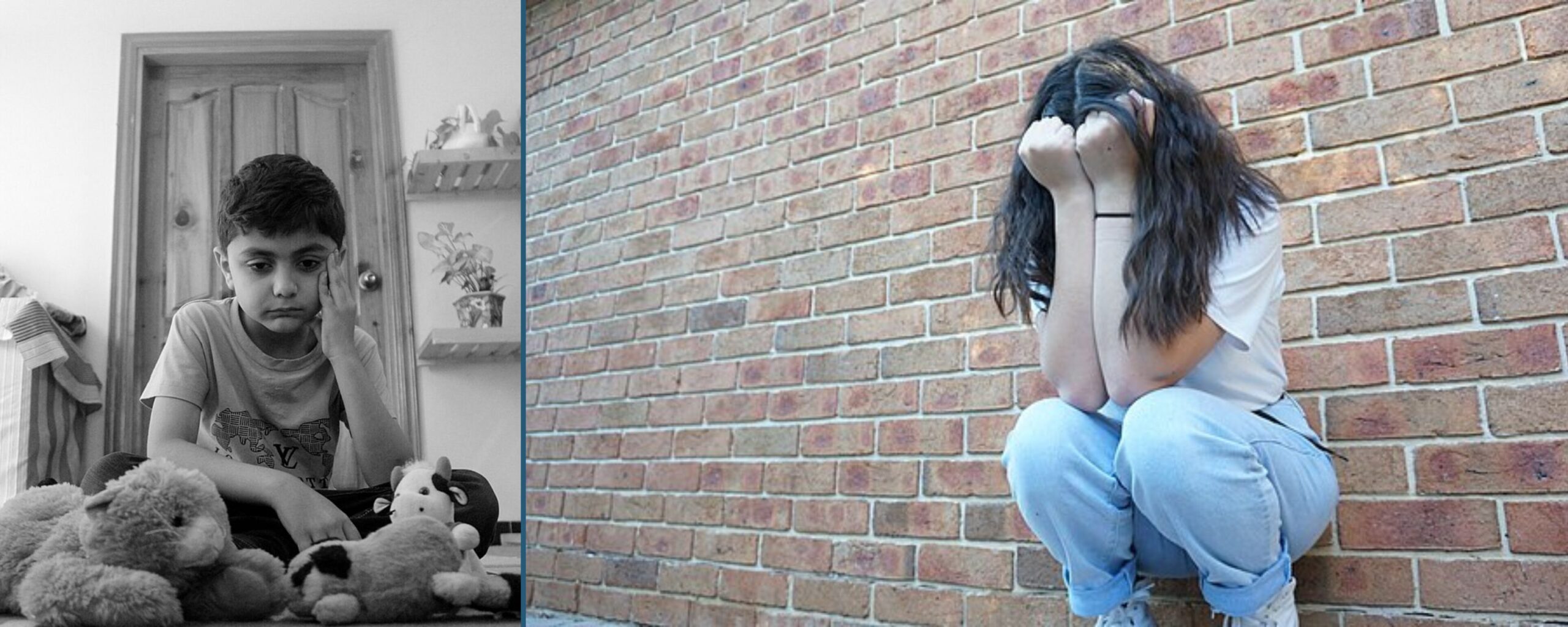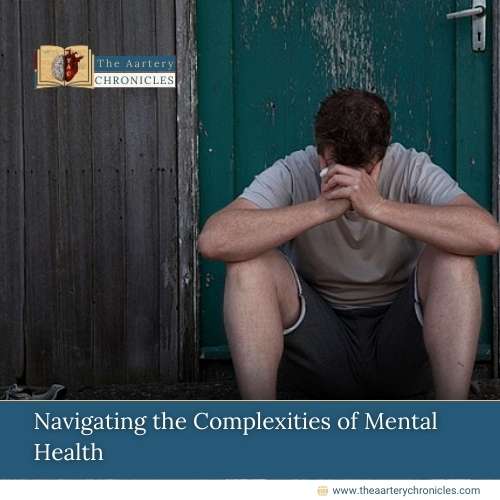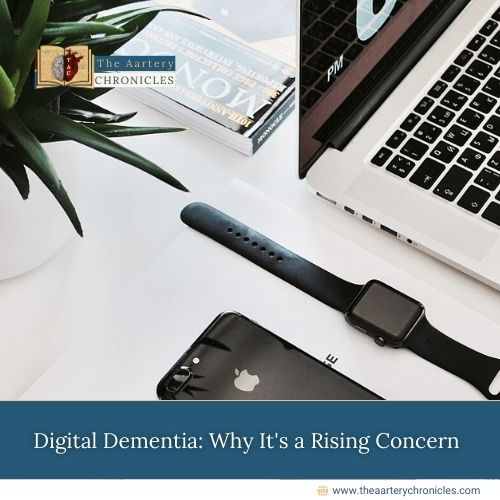
Navigating the Complexities of Mental Health
Introduction
Mental health is an essential component of the overall well-being of individuals, with implications on how we cope with stress, interact with others, and make decisions. Unlike the mere absence of mental disorders, mental health refers to the presence of positive characteristics – from psychological resilience to emotional intelligence. Promoting mental health is not simply a matter for individual people and families; it is also a matter for communities worldwide.
What is Mental Hygiene?
Mental hygiene includes all such practices and habits which promote mental health and emotional resilience. It involves creating favorable surroundings; taking stress management lessons, developing a balanced routine, seeking social support, fostering positive thinking patterns, etc. The objective of mental hygiene is to prevent psychological disorders by inculcating a conducive environment along with the development of successful coping strategies be it in personal or professional life. Regular self-care measures, practicing mindfulness, and seeking help when required can serve as crucial elements to maintain good mental cleanliness.
Why Mental Hygiene?
Psycho-sanitary measures have become vital in contemporary society. Alarmingly high percentages point to pertinent issues affecting mental health, where major depressive disorder is expressed by millions of people worldwide. The rise in the prevalence of mental disorders is especially high for the youth, which should speak to the need to focus on preventive mental health. Mental hygiene can help communities and educate people to prevent or lessen these challenges or support their mental health.
Myths vs. Facts
Myth 1: People with severe mental health issues are violent and unpredictable.
Fact: Most individuals with mental health conditions do not exhibit violent behaviour; many lead to normal lives with proper support.
Myth 2: There are no preventive measures for mental illnesses.
Fact: Strengthening social and emotional skills, maintaining a healthy lifestyle, and seeking timely support are effective preventive measures.
Myth 3: Only irresponsible parents cause mental health issues in children.
Fact: Various factors, including socioeconomic status and exposure to trauma, contribute to mental health disorders in children.
Myth 4: Mental illness is solely genetic.
Fact: Genetics plays a role, but environmental factors also significantly influence mental health outcomes in an individual
Myth 5: Mental health is gendered.
Fact: Mental health conditions affect everyone irrespective of their gender, with varying prevalence and manifestations.

Impact of Mental Health on Physical Health:
- Access to Healthcare: Individuals with mental health conditions often face barriers in accessing healthcare, impacting their overall well-being.
- Self-Care Challenges: Mental health conditions can hinder self-care practices such as medication adherence and regular exercise, affecting physical health.
- Smoking: Higher rates of smoking among those with mental health conditions contribute to physical health complications.
- Sleep Disorders: Mental health conditions increase the risk of sleep disorders, which in turn exacerbate both mental and physical health issues.
- Chronic Diseases: Conditions like depression are linked to chronic illnesses, necessitating integrated care approaches.
Conclusion
Promoting mental hygiene is essential for individual well-being and societal progress. we can create communities that nurture resilience and inclusivity by dispelling myths, understanding the intersection of mental and physical health, and advocating for supportive environments. Prioritizing mental health is not just a choice but a collective responsibility toward building a healthier future for all.










